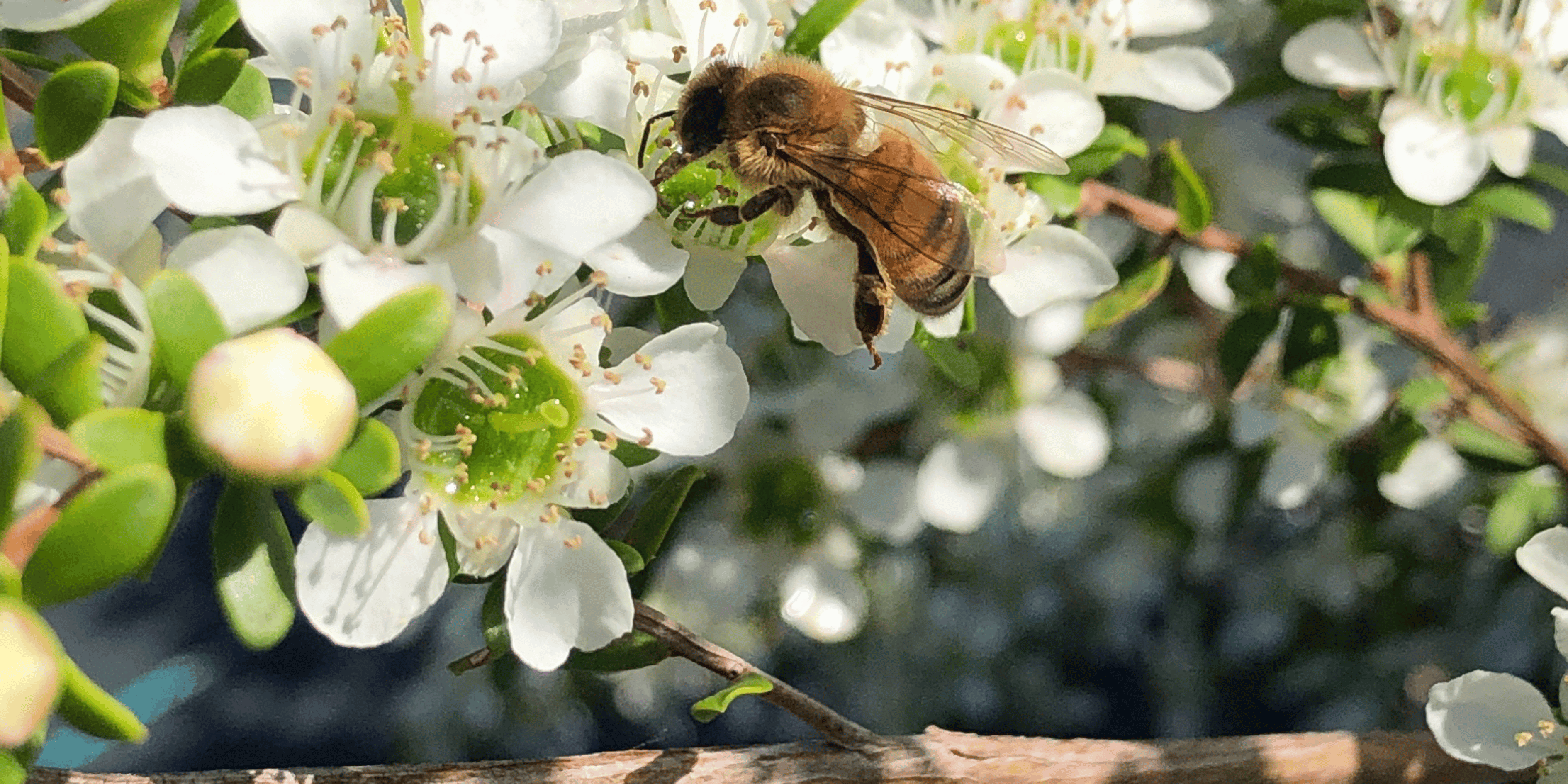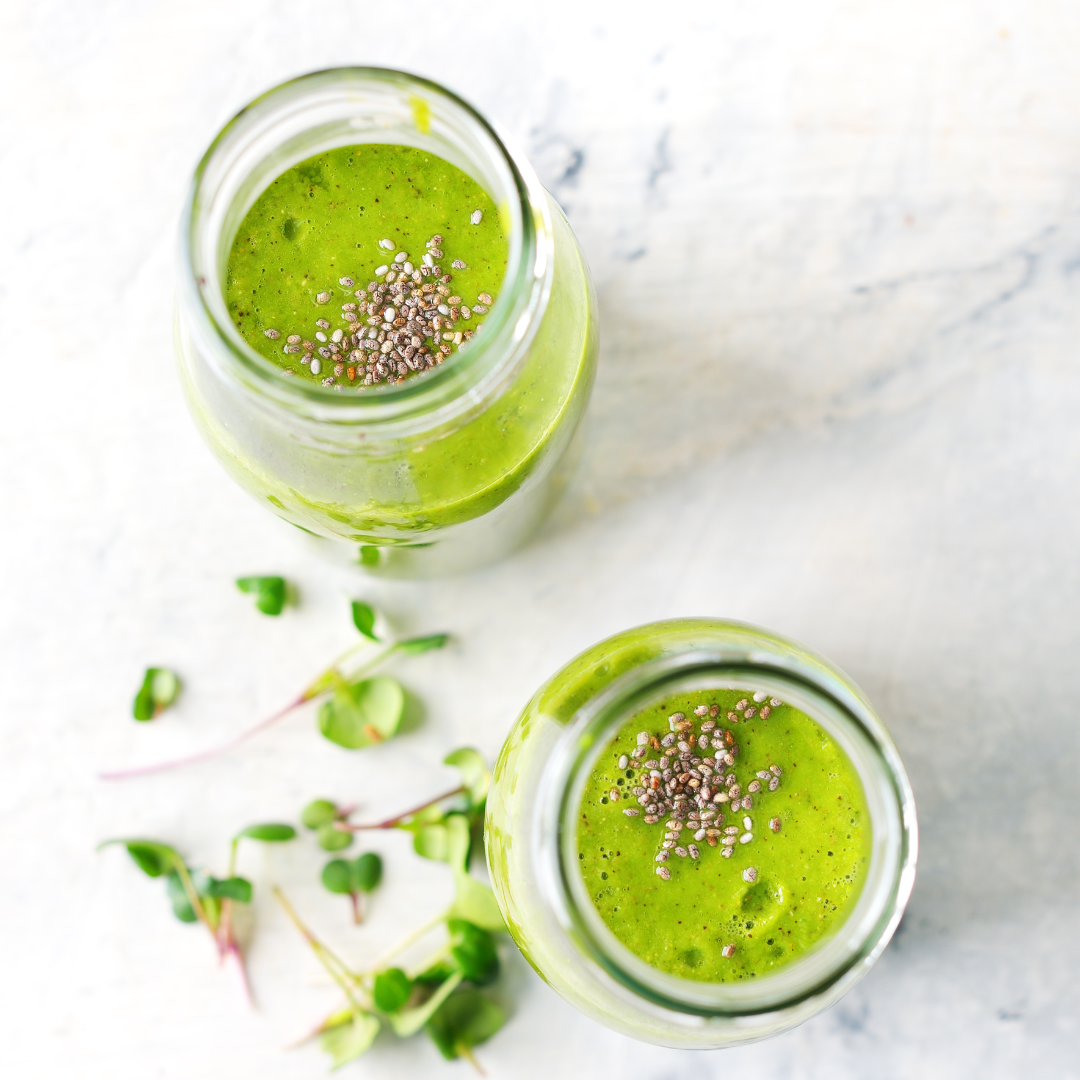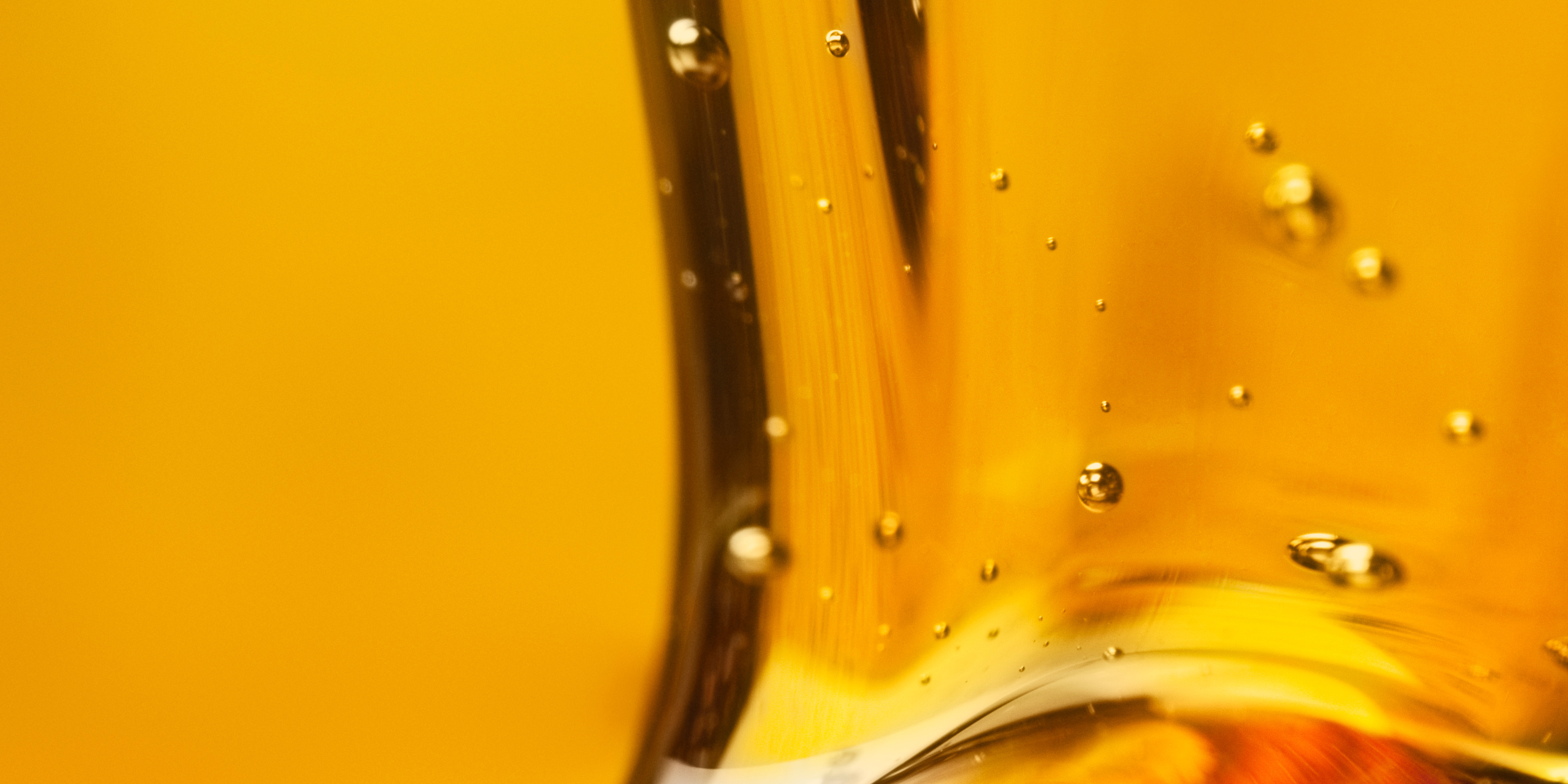
Do Manuka Trees Grow In Australia?
With around 87 known varieties of native Manuka trees in Australia (spp Leptospermum), Australia is where these plants originated. Manuka honeuy production in Australia began back in the 1800’s when the European honeybee (Apis mellifera) was introduced and now after a lengthy global legal battle, owns the right to use the name ‘Manuka’. After many years of research, Gather By has identified 15 varieties (Leptospermum polygalifolium, This biodiversity and potency of Australian plants produces the highest quality and unique natural health benefits of Manuka honey available. New Zealand monoculture model, with one species of cooler climate low active plant (Leptospermum scoparium) which may have found its way to New Zealand perhaps many hundreds of years ago, produce New Zealand Manuka which is mostly processed as ‘creamed’ honey
Well the answer is a definite yes, without question! Manuka trees are native to Australia and this country produces the highest-MGO honey from the potency of the nectar of plants that contain the molecule DHA.
Australian Manuka Honey Production
Australian Manuka honey is produced when bees forage on the flowers of the Manuka trees, collecting nectar and transforming it into honey. The nectar from these trees with high DHA levels (8,000-25,000 mg/kg) transforms to MGO in the honey which gives the honey its unique characteristics, supreme potency and potential health benefits. MGO levels in Manuka Honey can vary depending on the geographic region where the Manuka trees are growing, and also the DHA levels of Manuka bushes that are flowering at the time the bees are foraging from them.
Traditional Honey Harvesting in Australia
Traditional commercial Manuka Honey harvesting, has the beekeepers moving the hives, and bees close to wild stands of manuka forests, when they are flowering, and then moving them on when the flowers finish to find more forage, or feeding them sugar syrups.
However this is stressful for bees, who prefer to stay in one place, bees are strongly territorial - and map every part of landscape, within their range. When the bees get stressed, they also become more vulnerable to parasites such as the Vvarroa mite, and colony collapse. At Gather By, we have developed an innovative model bringing together regenerative farmers, indigenous communities, and ethical beekeeping practices to plant Medicinal Manuka Honey Forests.
Ethical and sustainable beekeeping practices have a critical role in maintaining strong healthy bee colonies, and the highest quality Manuka Honey.
For every jar of honey bought, we plant trees for the bees! 🐝🌳
SCIENTIFIC RESEARCH:
The fluorescence of MM1, leptosperin in Australian and New Zealand Manuka Honeys
The Antibacterial Activity of Australian Leptospermum Honey Correlates with Methylglyoxal Levels
Therapeutic Manuka Honey: No Longer So Alternative



Leave a comment
This site is protected by hCaptcha and the hCaptcha Privacy Policy and Terms of Service apply.